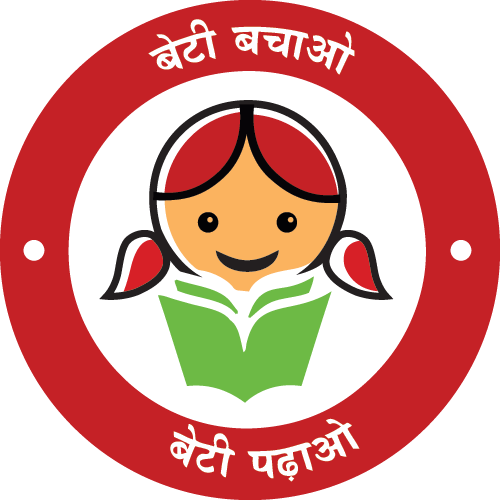Dr. Charu Walikhanna, Member, Ncw, Distinguished Speaker at National Conference on “Women Rights are Human Rights: Role of Judiciary to Transform The Rhetoric Into Reality” at Chandigarh
Dr. Charu WaliKhanna, Member, NCW, was distinguished speaker at National Conference on “Women Rights are Human Rights: Role of Judiciary to Transform the Rhetoric into Reality” at Chandigarh. The programme was organized by Chandigarh Judicial Academy, Chandigarh on 16-17.11.2013.
The programme was inaugurated by Shri Bhupinder Singh Hooda, Chief Minister of Haryana. In his inaugural speech Shri Hooda sought the judiciary’s cooperation to ensure effective implementation of measures being taken for safety, empowerment and dignity of women in the state. He said that while on one hand, there was a need to change the mind-set of people, on the other, judiciary should give landmark judgements to leave a lasting impression on people. Shri Hooda narrated the initiative taken by Haryana to ensure safety and security of women as well as grievance redressal.
The 2-day seminar was divided into five working sessions. Dr. Charu WaliKhanna, Member, NCW, spoke on “Objectification and Abuse: Domestic Violence, Sexual Harassment at Workplace, Sexual Abuse and Marital Woes” in the second working session chaired by Justice Ranjana P Desai, Supreme Court Judge. Dr. Charu WaliKhanna spoke on the role of NCW in drafting of the legislation on prevention of sexual harassment at workplace and law relating to it. She spoke extensively on right and problems of working women, need for gender sensitization and women’s vulnerability to sexual violence etc.
Member highlighted the fact that the Sexual Harassment of Women at Workplace (Prevention, Prohibition and Redressal) Act 2013 received assent of the President on 22 April 2013, but over seven months have passed and the Ministry of Women and Child Development has yet to frame the rules, and the draft rules circulated are not at all satisfactory. In draft rules the manner of the inquiry into complaints is more like a court procedure, with the list of documents, number of witnesses, taking of oath prior to making statements, and the complainant and respondent retaining the right to cross-examine all witnesses etc. In the draft rules the rules of internal inquiry under the CCS (CCA) Rule have been used for the creation of the functioning of the ICC/LCC. How will this procedure be implemented by the LCC at district / taluka level or for that matter in the private sector at the grassroots level?
Further, there is no specific rule regarding training of the Members of the ICC/LCC. Training programmes are essential to sensitise/train members to recognise sexual harassment, deal with it when it occurs and prevent it. The training programme is the best way to ensure proper understanding and implementation of the Act. It is the best forum to communicate to employees what behaviour is acceptable and what is not, in a non-threatening atmosphere of mutual learning. Extensive orientation and training of the members of the ICC/LCC is essential for effective implementation of the Act. Their training should include a component of gender sensitization, along with the procedures for taking complaints, and for enquiry, etc. Most importantly, the definition of employer needs to be clarified since the entire responsibility of prevention and action is on the employer. The problem may not arise in large organizations but what about partnerships, sole proprietorship or small organizations. Who is the employer on whom the burden of prevention rests? As per the draft rules regarding submission of annual reports by the complaints committee to employer / district officer, whether it is practicable for employers in the unorganized / informal sector to do this paper work when a large number of them are not even registered for sales tax, VAT, or income tax etc.
Expressed their views in the session Mr. Justice V N Sinha, Patna HC, Mr. Justice Hrishikesh Roy, Gauhati HC, Ms. Justice Sanju Panda, Orissa HC, Mr. Justice Rajiv Shakdher, Delhi HC, Ms. Vrinda Grover, Lawyer and Activist and Ms. Sumita Misra, IAS, Haryana.
A number of Supreme Court, High Court Chief Justices and Judges, renowned lawyers activists, NGOs and academician expressed their views in the seminar.




















